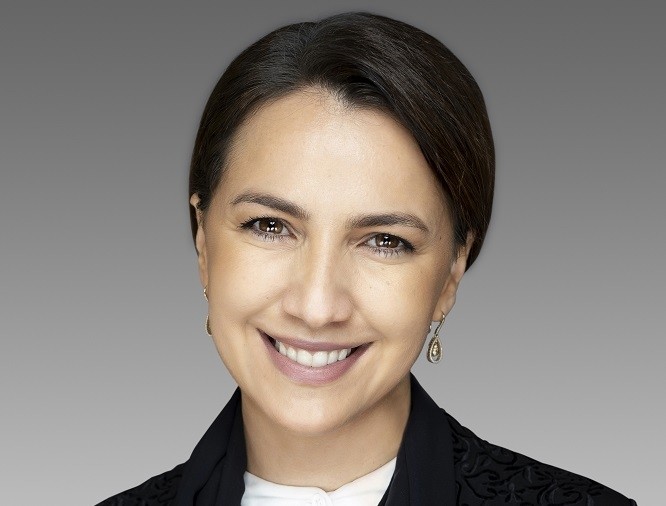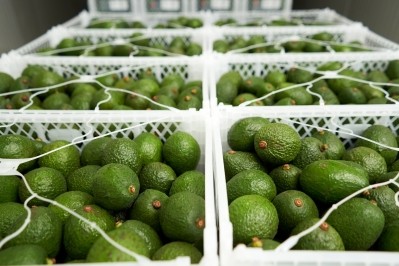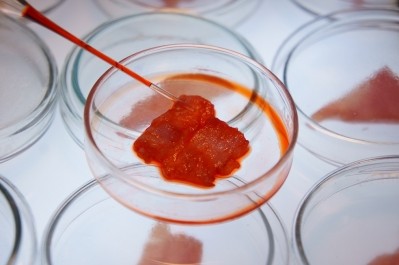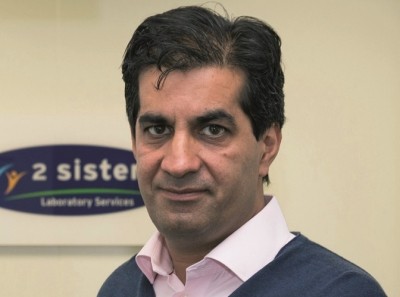Opinion
Agritech will improve human health while solving global food security

All around the world, we depend on fragile food chains to put food on our tables.
Artificially-ripened fruit and vegetables with more air miles than most people have accumulated this year are a common hallmark of supermarkets, with many nations increasingly reliant on climate-hungry imported produce for a steady supply of staple foods.
But these unsustainable and easily-disrupted supply chains, as evidenced by COVID-19, have put us at risk of food scarcity. We are caught in a system of negative reinforcement, whereby the very sources and processes we depend on for food pose a risk of causing harm to our future food supply.
Here in the Emirates we want to transform food production, while simultaneously producing local crops that offer a more reliable, fresher, more traceable and often more nutritious food source than bulk freighted produce.
Reduce reliance on complex supply chains
By utilising improvements in agricultural technology (agritech), we have ambitions to reduce our reliance on complex supply chains and produce viable, fresher and tastier produce that can be delivered straight to our local supermarkets, without the need for the use of preservative chemicals, artificial ripening aids and bulk freight.
It is now more apparent than ever with the launch of the UK’s National Food Strategy Part 2, that the UK - like the Emirates and many other nations - requires a seismic shift in its food culture, not only to provide adequate nutrition, but to help build sustainable and secure food systems to feed future generations. agritech, combined with global knowledge sharing across nations, will be transformative in providing the solution to this crisis.
Agritech is helping to produce higher quality, tastier, locally-sourced yields. As a nation that experiences some of the hottest temperatures globally, the Emirates faces a challenging environment for growing crops. However, using innovative agriculture practices we’re ensuring crops can grow in the extreme temperatures that typically hinder their survival.
Controlled environment agriculture
Through highly sophisticated technology known as controlled environment agriculture, we are growing crops under science-driven conditions that monitor the precise amount of energy, water and nutrients that are being supplied to the plants.
Farmers are able to keep a 360-degree view of plants’ health and supply them with the exact nutrients needed to maximise the nutritional value of the crop yields. We are, in one way, lucky in that we enjoy unparalleled access to one of the most important inputs for agriculture – sunlight!
Meanwhile, in a process known as vertical farming, we are also growing fruit and vegetables in vertically stacked layers under artificial light and temperature controls. Without the use of soil, nutrients are supplied directly to the plants without the need for damaging herbicides, pesticides or fertilisers.
The quality of produce we are seeing is superior to freighted produce, which tends to be picked ‘green’, stored and transported in nitrogen-rich environments across time zones, and then artificially ripened using ethylene gas.
Madar Farms, Pure Harvest
Agritech businesses like Madar Farms and Pure Harvest are therefore utilising technologically innovative approaches to cultivate and harvest produce when it has the highest nutritional content in its growth cycle. Because these products are grown locally, they can also be sent straight to our supermarket shelves, eliminating complex, costly supply chains and reducing the carbon footprint of our food.
Collaboration will be pivotal in combating the world’s toxic relationship with food and transforming our food systems. To future-proof our food systems, countries must now collaborate to create new processes for food production that can be scaled locally at pace.
We recognise the significance of international collaboration in achieving this and are providing a number of incentives for Agritech start-ups to come to the Emirates to advance research, not least of which is funding. For example, Nanoracks, a US-based Agritech company, recently opened its Space Lab here in Abu Dhabi, which is researching how to grow food in extreme climates and even in space. It is precisely these incredible innovations that demonstrate what can be achieved when we work across borders to find new solutions to our food challenges.
National Food Strategy concerns
Of course, the concerns highlighted in the UK’s latest National Food Strategy report are nothing new, but this does not mean they are any less significant. In fact, they are now more important than ever, as it has never been more apparent that the clock is ticking to ensure a supply of nutritious food, while managing the impact of the rapid onset of climate change on our food supply, including the harm caused by our current intensive agricultural processes.
Alongside innovations in Agritech, farmers in the Emirates are also pursuing conventional organic strategies, enhancing yields and plant health by using smarter managed ecosystems.
Both approaches are providing us with an ever-increasing range of healthier, more nutritious food, locally produced and without poisoning our environment with chemicals or the draining impacts of using GMOs and chemically-based strategies for increasing intensive conventional farming. We believe collaboration is key in accelerating this innovation in an area that we are now seeing as a fundamentally important element of human health.
Her excellency Mariam bint Mohammed Saeed Hareb Almheiri is the United Arab Emirates’ minister of state for food & water security and member of the World Economic Forum’s Global Future Council on Agritech and Food Nutrition.

















